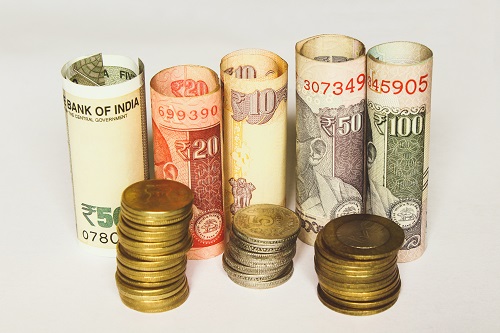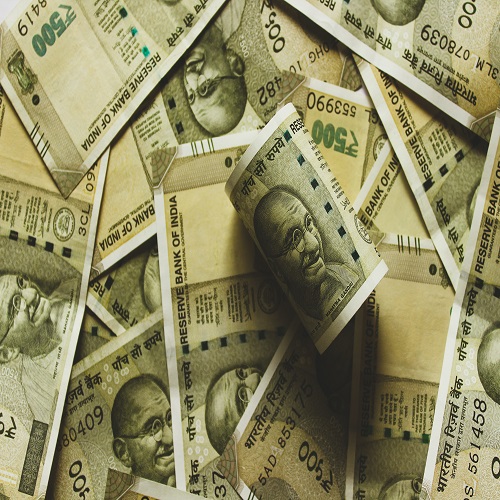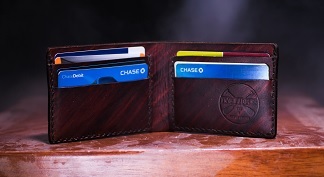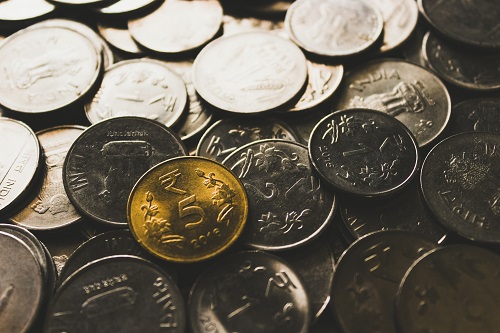They say money cannot buy happiness, but in today’s world, it surely does buy happiness to an extent. If you have the money you will be appreciated and loved by all, which will definitely bring you a sense of happiness and joy. So, the money decisions you make in your early earning days can affect your finances for years to come. That’s why it’s important to work on building healthy financial habits now so that you’ll benefit later.
Life is much easier when you have good money management, financial skills and you are able to manage your money. How you spend your money impacts you and your financial wellbeing.
you can’t afford something unless you can buy it twice
So, when you are faced with a decision that involves money management, don’t just assume that you can afford it. Confirm that you can actually afford it and that you haven’t already committed those funds to another expense and you have extra savings in your account. It is important to acknowledge that just money doesn’t allow you to purchase anything. You have to also consider the bills and expenses you’ll have to pay before your next payday.

Make a Budget: Many people don’t make a budget because they don’t want to go through the boring process of listing out expenses, and they fear that they will not stick to the plan they have for monthly expenses. If you are bad with money, you don’t have room for excuses with budgeting. If all it takes to get your spending on track is a few hours working on a budget each month, you should definitely make one.
You can have a 50/30/20 budget which was proposed by Sen. Elizabeth Warren and her daughter, Amelia Warren Tyagi. The two detailed their budgeting plan in their book, “All Your Worth: The Ultimate Lifetime Money Plan.”
Then there is an 80/20 budget plan, The 80/20 budget plan is a great starting point, but it should be viewed as the minimum you should save. The more you can save the better. Once you achieve 80/20, push yourself towards a 70/30 savings rate, then 60/40, and likewise. This will help you with your expenses after your retirement.
Set a Spending Limit: The most important part of your budget is your net income or the amount of money left after you subtract your expenses from your income. If you have some money left, you can use it for fun and entertainment, but only up to a certain amount. Going complete broke by end of the month is not advisable.

Keep a track of your Expenditure: Small purchases here and there add up quickly, and before you know it, you’ve overspent your entire budget. Start tracking what you have spent and discover places where you may be unknowingly overspending. Save your receipts and write your purchases in your budget journal. By this, it will be easy to track yourself where you are spending wrong and which expenditures can be avoided in the future.
Get the best deals: You can make the most of your money with the help of comparison shopping, ensuring that you’re paying the lowest price available for the product and services. Look for discounts, coupons, and cheaper alternatives whenever you can. It shouldn’t affect your self-esteem that you are buying stuff during the sale; you are buying vegetables from the local market instead of supermarkets unless you are able to save money out of these choices.
Want to buy something luxury, save for it: One’s ability to delay gratification will go a long way in helping one be better with money management and quality. When you put off large purchases, rather than sacrificing more important essentials or putting the purchase on a credit card, you give yourself time to evaluate whether the purchase is necessary and even more time to compare prices. When you buy something big, make sure that it is not affecting your savings and daily expenditure on necessities.

Limit Your Credit Card Purchases: Credit cards may become your worst enemy if you splurge without restriction. When you run out of cash, you simply turn to your credit cards without considering whether you can afford to pay the balance. You might end up paying more for that stuff you bought Resist the urge, to use your credit cards for purchases you can’t afford, especially on items you don’t really need.

Save Efficiently: Saving money each month can help you build a healthy financial habit. You can even set it up so the money is automatically transferred from your checking account to your savings account. That way, you don’t have to remember to make the transfer one such way of doing it is b opening a recurring deposit (RD) in your bank.
At the beginning of money management, you might not be used to planning ahead and putting off your purchases until you can afford them. The more you make these habits part of your daily life, the easier it is to manage your money, and the better off your finances will be.
Read, Manage your Personal Finances
You should not save what is left after spending, instead spend what is left after saving.
One life. Live Boundless.
Leave a Comment
You must be logged in to post a comment.